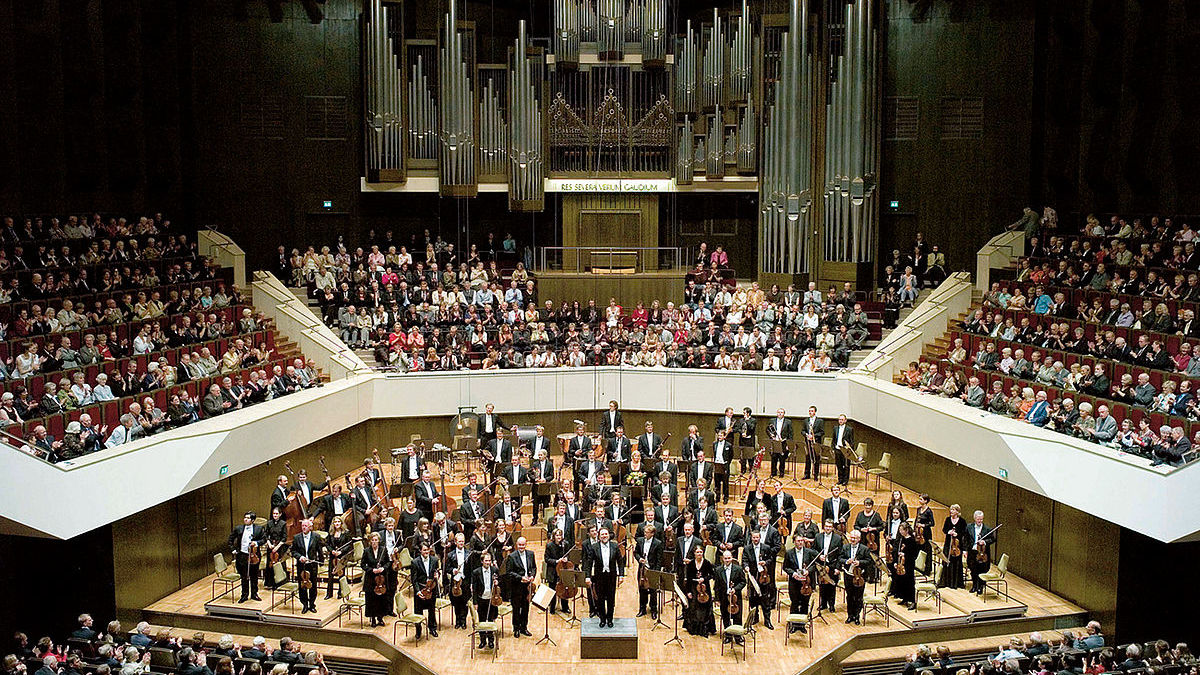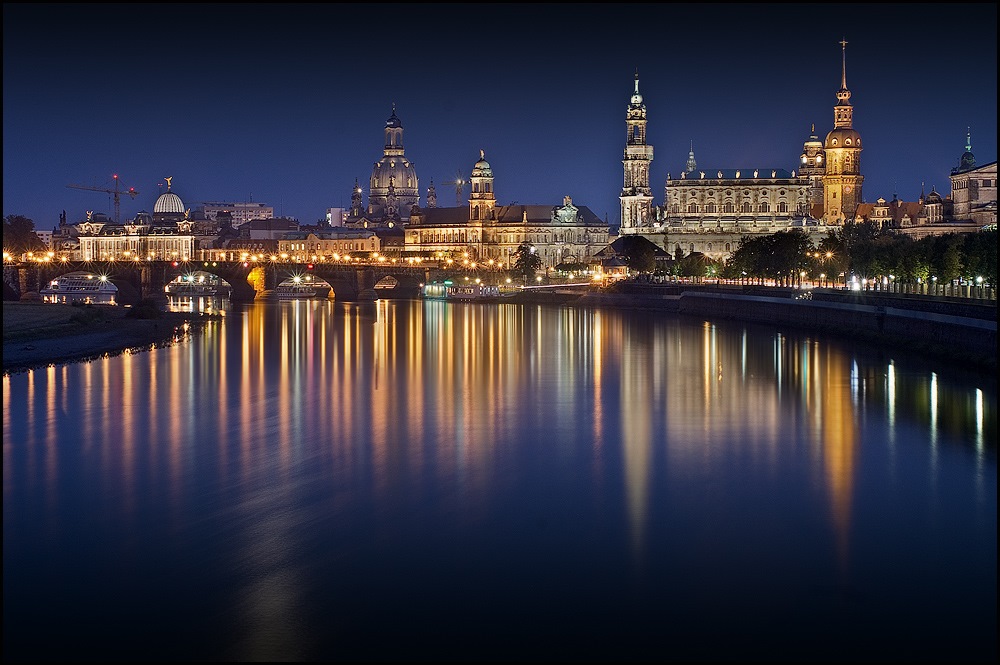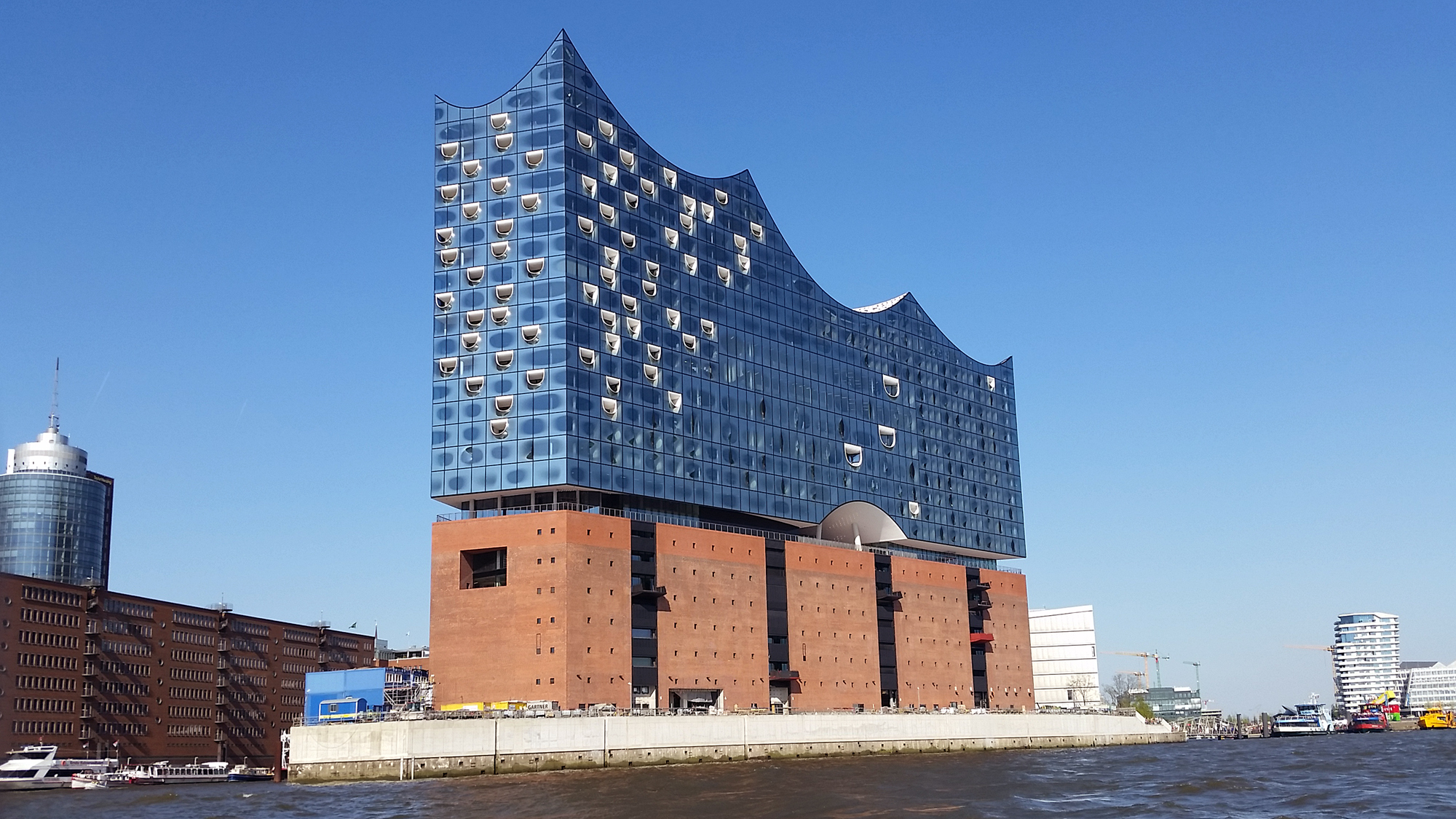The Leipzig Gewandhaus Orchestra Turns 275
One of the world’s oldest and most eminent orchestras is turning 275. Leipzig’s Gewandhaus Orchestra kicked off a four week-long festival yesterday, commemorating the anniversary of its founding by the city’s nobility in 1743. Additionally, the festival celebrates the inauguration of Music Director Andris Nelsons. (The Latvian conductor is also currently Music Director of the Boston Symphony). Nelson’s recent predecessors include Riccardo Chailly, Herbert Blomstedt, and Kurt Masur. Bruno Walter and Wilhelm Furtwängler occupied the post prior …





